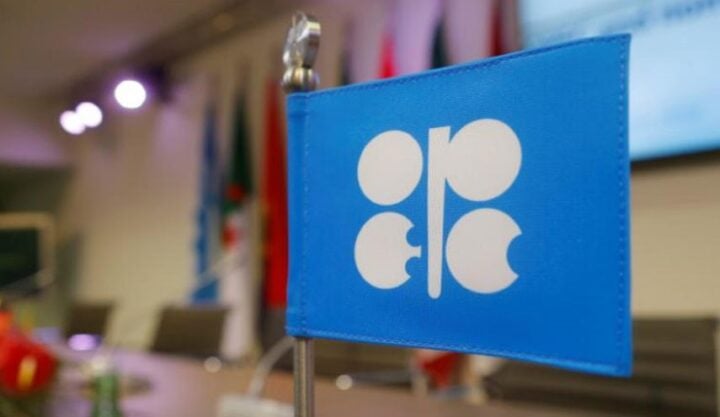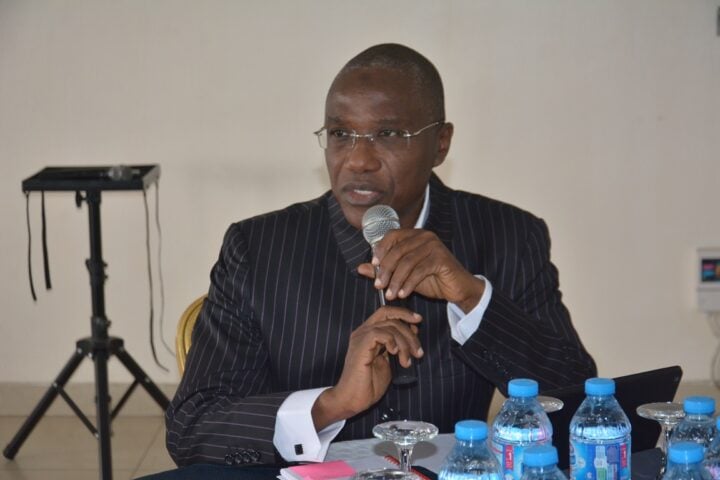Abine Ayah, deputy attorney general of the Supreme Court of Cameroon, has been arrested in what is seen as part of a major crackdown against dissent.
He was picked up late Saturday from his home in Yaoundé, capital of the country.
A former presidential candidate, Ayah had earlier been summoned to appear before an investigator at the Secretariat of State for Defence (SED).
He ignored the invitation, arguing that the legal procedure to summon a sitting magistrate was not followed.
Advertisement
“Six armed men from SED forcefully arrested him from his residence. They had no arrest warrant and when Ayah Paul Abine stated what the law says, he was told he had no choice than to comply,” a family source said.
Those at the scene of the arrest were prevented from making or receiving calls, sources said.
The government is yet to comment on the arrest, but speculations are rife that his seizure is linked to a wave of clampdown on some Anglophone activists in the country, according to Africa Review.
Advertisement
Ayah is a supporter the now banned Cameroon Anglophone Civil Society Consortium (CACSC) that has been advocating for the country’s return to the federal system of government.
On January 17, the government outlawed the consortium made up of teachers, lawyers and other civil society organisation in the Central African country.
Cameroonian human rights lawyer and CHAIR of the consortium, Felix Nkongho Agbor-Balla together with his secretary general, Fontem Neba, were recently arrested and have since been detained at the SED in Yaoundé.
Ayah, who had an 11-year parliamentary stint as member of the ruling Cameroon People’s Democratic Movement (CPDM) and the opposition People’s Action Party, now called Popular Action Party (PAP), contested the 2011 presidential election in Cameroon.
Advertisement
President Paul Biya won the disputed poll, while Ayah Paul came 5th.
Even when he served as a CPDM member, Ayah was an outspoken critic of the 2008 changes to the constitution, which removed term limits that could have prevented President Biya from standing for re-election in 2011.
He said the changes were “not democratic”, and took Cameroonians back 200 years.
Advertisement
Add a comment






